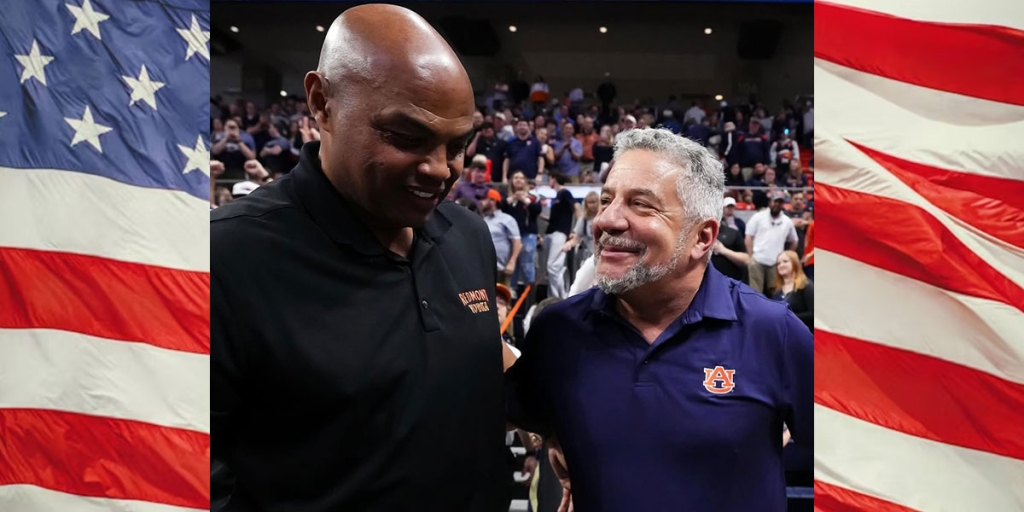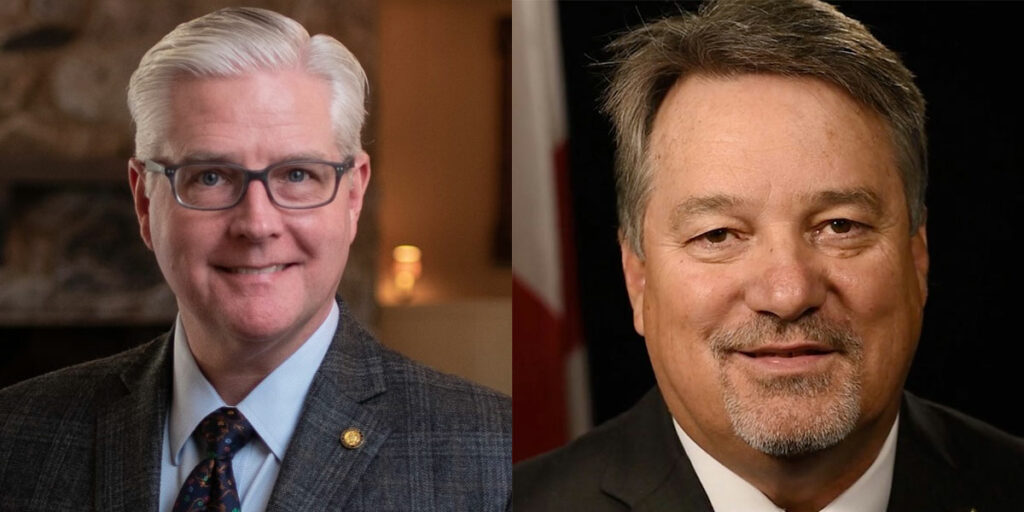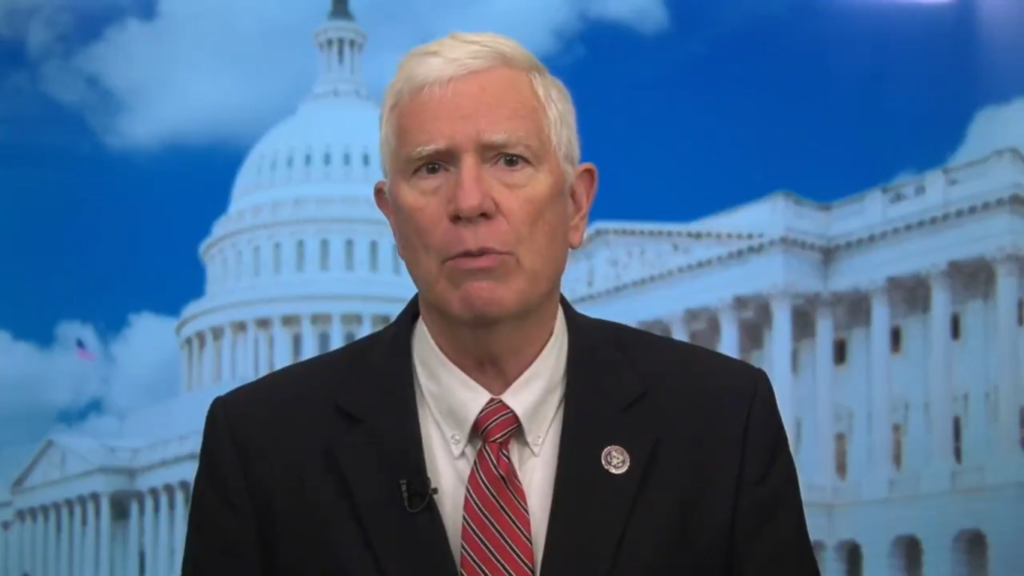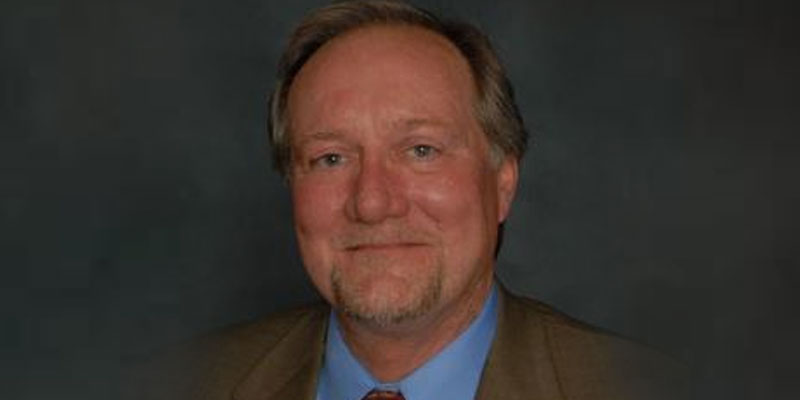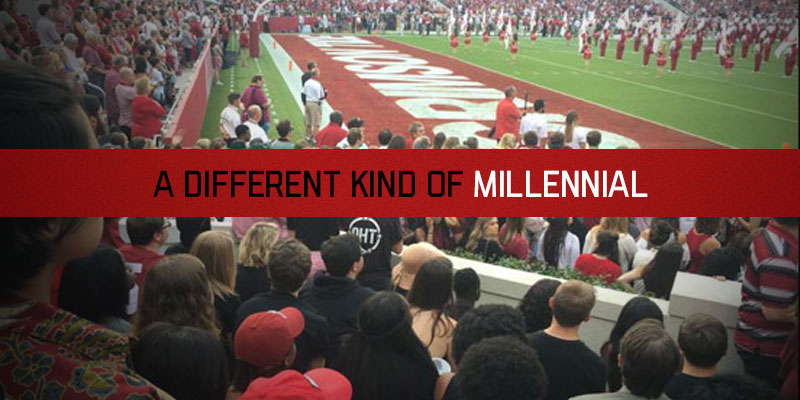
The 1960s and 70s stand out as the turning point in cultural activism. The Sexual Revolution, combined with a nationwide anti-war effort, took on a form that threatened the stability of the United States. Campuses, including some in Alabama, were impacted by this protesting.
Buildings burned, classes were cancelled, and it seemed like nothing could stop the destruction. Picket lines, obtrusive chanting, and sit-ins became the norm for the expression of liberal dissent. All of this was a trademark of the Left, until a bright bunch of young conservatives, largely organized by William F. Buckley, Jr., came together to push back against the liberal establishment by giving them a taste of their own medicine.
The legacy of Buckley can’t be overstated. The man near-singlehandedly set the modern Conservative Movement in motion. His debut work, “God and Man at Yale,” drew the national light to the liberal dominance of higher education.
His youth organization, Young Americans for Freedom, has carried forth that torch in the battle for college campuses and American society. They adopted the liberal tactics of protesting, pushing an agenda that was pro-Vietnam War, anti-Communist, and pro-American. YAF was essential* to the successful nomination of 1964 Presidential candidate Barry Goldwater, the first truly public figurehead of the conservative movement.
Additionally, they are responsible for successfully convincing Ronald Reagan to enter politics, pursuing both the California governorship and then the Presidency. The American Conservative Union and CPAC were started as a direct result of Buckley and YAF’s efforts. Youth activism set the movement in motion and still remains critical to providing a stark defense against the insanity of the American Left. The actions of a few, who were and are willing to stand up and say ‘Enough is enough,’ set forth a charge that still holds true today.
More recently, Colin Kapernick’s pitiful attempt at protesting by sitting during the National Anthem spread across the nation. When it took hold at the University of Alabama, in the form of #BamaSits,the student community watched in abhorrence that such an offensive method of protest could take hold in Bryant-Denny Stadium.
But members of the UA College Republicans stepped up and took the lead with a counter-protest, Bama Stands. At the following game, Alabama v. Texas A&M played at Bryant-Denny Stadium, dozens of large American flags were held up around the sitting protestors, hundreds of mini-flags were in the hands of students, and a chant of “U-S-A” broke out in the student section directly following the National Anthem.
The protest of 30 students had garnered a vocal response by thousands, and it was all because of the actions of a few. Young conservative activists are often subject to scrutiny, but if they hadn’t chosen to respond to the protests, who would have?
The accusation most often lobbed at young conservative activists is founded in stereotypes: preppy boys wearing bowties in suits their parents paid for, glorifying days in which they didn’t live, and kissing up to party officials in the hopes of a future job. This stereotype is far from the truth. The diversity found within young conservative clubs is noteworthy, largely because the membership doesn’t view it as noteworthy: no matter your gender or race, you have a place at the table of conservative values.
Their college lives haven’t been sheltered – instead, liberalized education hardens their arguments and strengthens their resolve. Young conservatives built this movement, and will sustain it. All we can ask is that you that you support your local College Republicans/Young Americans for Freedom/Young Conservatives of America, be it with praise, time, or finances. Support their cause now, and you’ll strengthen the movement of the future.





